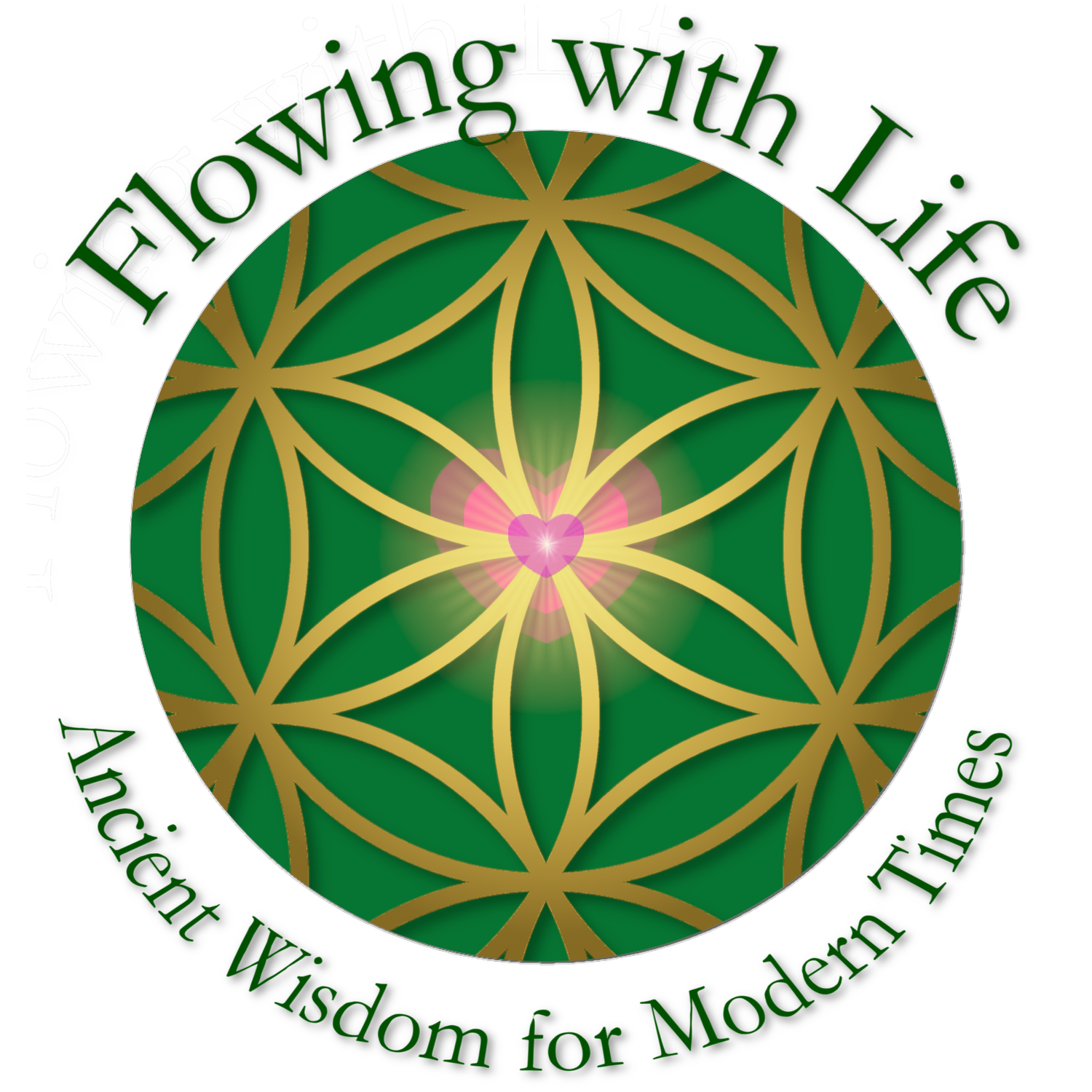Who’s afraid of gender anarchy?
The first time I hugged my friend after their top surgery, I felt a surge of sadness. Hugs with them were no longer as soft as they once were. My friend had seemed to me to be a woman and now they were exploring their own way through gender. People change and it’s not always easy to accept. Fortunately, our friendship is very open and we were able to talk about it.
They listened with compassion and shared their experience of feeling so much more themself without the extra cushioning on the front of their body. It feels really special to talk with those we love about the changes that are taking place for all of us as we develop as human beings. Whether those changes are as obvious as hormonal or surgical interventions or more subtle developments in our lives, our relationships depend on being open to change.
If we have trouble accepting our grief or our fears about ourselves or others, in my experience we tend to try to control life in some way. This can have tragic, or at least deeply uncomfortable, consequences for all involved.
As some of you may know, Judith Butler was recently interviewed for The Guardian and a controversial section of her interview was redacted after publication. She invoked an f-word (fascism) which has stirred up a great storm of defensive aggression among people who want to believe strongly in the categories of man and woman. Meanwhile, the removal of the section has triggered outrage among those who feel gender is much more fluid and open.
As a Jewish person who simply doesn’t fit western gender and sexual norms, Judith Butler is unlikely to use the f-word lightly. At the same time, we might also observe how polarising discourse of various kinds seems to be causing huge rifts around the world in these times of deep transformation.
This particular division around gender has torn apart anarchist and other communities, causing a great deal of distress for many people. I don’t wish in any way to disregard how these discussions can trigger immense feelings of trauma on all sides. This article is written from the perspective of hopefully helping trauma to heal.
It seems to me infinitely more powerful to support and nourish what we want to see in the world rather than giving our precious attention to what we don’t want to see. In her famous novel about gender fluidity, The Left Hand of Darkness, the great Ursula Le Guin wrote, “To oppose something is to maintain it… To be sure, if you turn your back on [something] and walk away from it, you are still on the [same] road. To oppose vulgarity is inevitably to be vulgar. You must go somewhere else; you must have another goal; then you walk a different road.” [1]
I’d like to join with this great writer, who I once saw lovingly described as Our Lady of Anarchy, and walk a different road. Perhaps you would, too? (This approach, by the way, also fits nicely with Judith Butler’s sense of anarchism as having a “productive power”[2] to produce new social structures, new ways of being).
If we were walking down a road and we saw someone was frightened, we might be moved by compassion to stop and listen. We might honour their feelings, even if we didn’t completely agree with the story they were telling. And if we’ve been blessed with enough practice, patience and open-heartedness, if the story they were telling seemed to be about us or people like us, we might know that it really isn’t. It’s about them and how they are feeling.
Of course, we might well get some clues about ourselves by listening. I often find that it’s easier for me to notice behaviour patterns in other people and to see – oh yeah, I do that, too! Or when someone gives us feedback about how we are in the world, we can check to see if any of it’s useful information or not. We never know! Through this open and compassionate awareness of our patterns, without judgement of them, they naturally change and evolve.
In this way, we allow people to be as they are. This is walking a different road from the f-word where sameness, rigidity and control is imposed not just from ‘above’ (wherever that is) but through every day relationships.
And it seems to me that everyday relationships is where the real power lies. Every institution, from the family to the state, is made up of relationships. And if we change how we relate, the system we are part of by necessity changes. It may not be the obvious ‘revolution’ that we might be wanting, but it might contribute to a tipping point in the future. We don’t know, and maybe we don’t need to.



